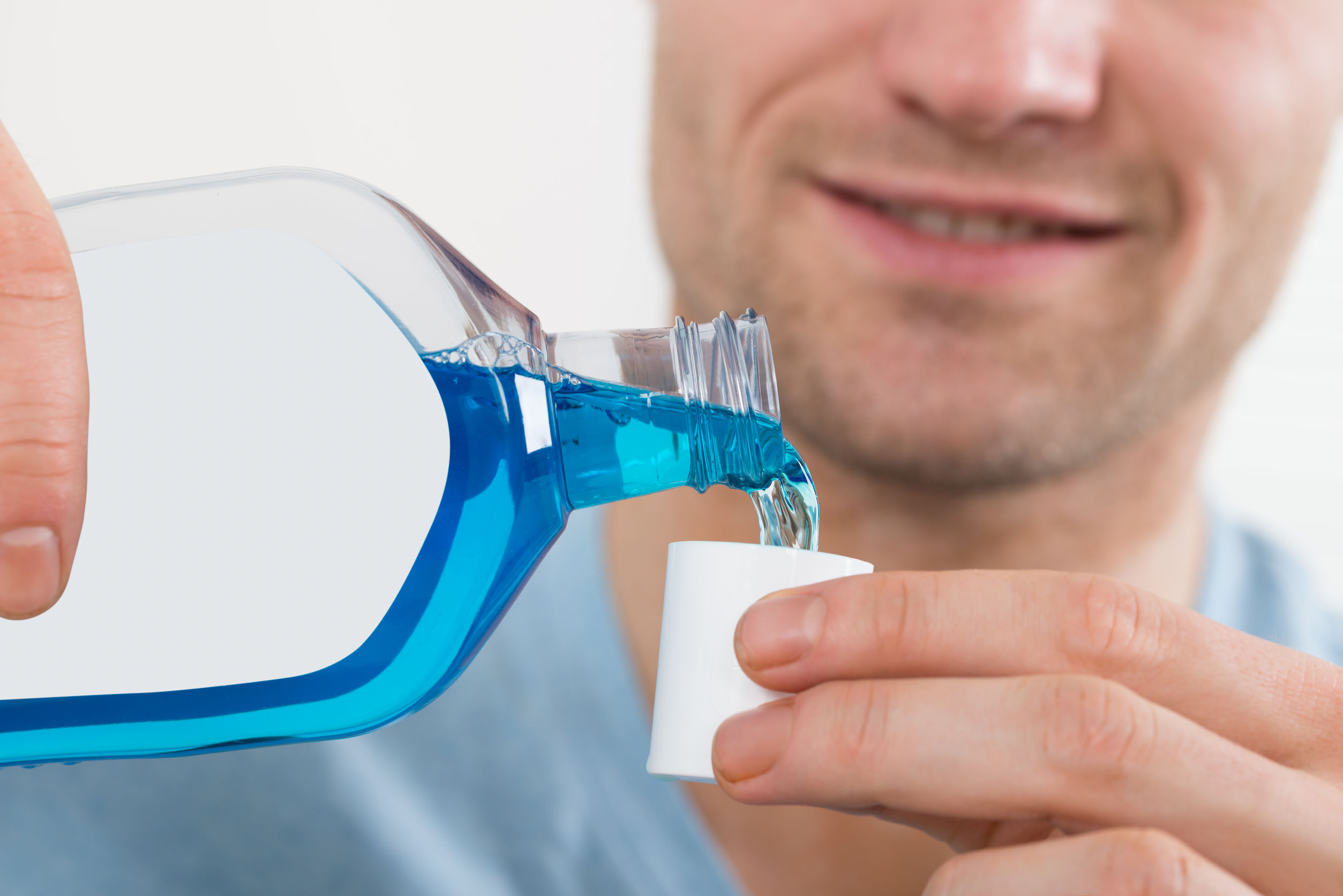 Did you know there is more than one type of mouthwash? Cosmetic mouthwashes will address short term bad breath, while therapeutic mouthwashes are designed to address numerous dental concerns that can improve your oral health. Whichever type you pick, you’ll find there are plenty of reasons to reach for some type of mouthwash next time you’re are the store. Perhaps you’re on your way to a job interview or a date and are worried about your breath smelling fresh. Or you’re worried that flossing isn’t going far enough in your quest to get rid of plaque. Maybe your dentist told you to take an extra step to prevent gingivitis and tooth decay. Or maybe you’ve had a toothache, and you’re looking for a little extra relief.
Did you know there is more than one type of mouthwash? Cosmetic mouthwashes will address short term bad breath, while therapeutic mouthwashes are designed to address numerous dental concerns that can improve your oral health. Whichever type you pick, you’ll find there are plenty of reasons to reach for some type of mouthwash next time you’re are the store. Perhaps you’re on your way to a job interview or a date and are worried about your breath smelling fresh. Or you’re worried that flossing isn’t going far enough in your quest to get rid of plaque. Maybe your dentist told you to take an extra step to prevent gingivitis and tooth decay. Or maybe you’ve had a toothache, and you’re looking for a little extra relief.
Whatever your reason for wanting to swish, you don’t need to feel limited to a minty concoction with a harsh burn. Not only are there two main categories of mouthwash, there are many brands and flavors now on the market. Which one you choose depends on your dental health needs, price point, and what tastes you like. But here are few ingredients to look out for that might help you narrow down the playing field:
Therapeutic mouthwashes tend to contain ingredients including:
Cetylpyridinium chloride sounds like something out of chemistry class, but it’s not so complicated. It’s simply an antiseptic that kills bacteria in your mouth, including those that cause odor. Instead of simply covering up odors on your breath, this ingredient tackles the cause, and can help kill bacteria in hard to reach places after you brush or floss.
Chlorhexidine and essential oils can both be used to combat plaque and gingivitis. The main difference is that chlorhexidine can only be obtained by prescription. That’s because it’s so good at killing bacteria it’s also an ingredient in surgical hand scrub! Certain essential oils can also have antimicrobial properties, without killing good bacteria and while providing a tasty flavor.
Fluoride is a familiar ingredient you might recognize from your toothpaste package. It helps protect your tooth enamel by helping to repel acids, sugars, and bacteria in the mouth before they can cause trouble. You should wait for at least 30 minutes after using a fluoride product to give the ingredient a chance to reach maximum protective effectiveness.
Peroxide is also a way to disinfect your mouth, but it doesn’t have the harsh burn that many associate with alcohol-based mouthwashes. Not only can it help kill bacteria around your teeth and gums, it can also sooth mouth ulcers.
Keep in mind that children under 7 should brush their teeth and learn good flossing habits, but they shouldn’t use mouthwash because their swallow skills might not be developed enough to keep them from ingesting some of the product. Mouthwash is great in your mouth, but it’s not so great in your stomach!
If you still feel overwhelmed by the options, talk to your dentists and dental hygienists at Tedford Dentistry! We’d be happy to help you find a product that keeps your teeth clean and your mouth healthy that is just right for your smile. Whether you’re tackling a specific periodontal condition or just want to keep your whites bright and your breath smelling great, we’ll point you in the right direction.
 Below are some simple, general tips from our Ooltewah dentist to keep your dentures, either complete or partial dentures, in good shape.
Below are some simple, general tips from our Ooltewah dentist to keep your dentures, either complete or partial dentures, in good shape.You may be asking yourself this question if you have a dentist appointment but are feeling a bit under the weather. As many dental appointments can be difficult to reschedule, you might find yourself uncertain of what to do. To cancel or not to cancel? Here’s a guide on whether you should cancel your appointment if you’re sick.
How Sick Am I?The first thing you must decide is, “How sick am I?” The type of ailment, depending on your symptoms, can greatly affect your appointment. You must evaluate the severity of your sickness, and the level of pain and discomfort. Patients who are unable to sit still through an appointment should consider rescheduling.
Am I Contagious?Contagious? If you don’t want to infect others, always reschedule.
However, you might not always know if you are contagious. If you are coughing or sneezing, you may have a common cold, a virus, or maybe even the flu. In this case, you should carefully listen to your symptoms.
Even if you are no longer sick, but have been feeling under the weather over the past several days, you might still be carrying the virus. Studies report that carriers can remain contagious to others for up to one week.
What Should I Do If I Keep My Dentist Appointment If I’m Sick?In the event that you are experiencing congestion, let our Tedford Family Dentistry staff know. Patients who often have trouble breathing through their nose may also struggle through dental procedures, as their mouth is occupied at times during treatments or exams. If you choose to keep your dental appointment, always communicate to your hygienist, dental assistant, or Dr. Tedford, if or when you experience any discomfort during your visit.
Cancelling My Dentist AppointmentWhether you have a dental emergency or are getting a routine checkup, as a general rule of thumb, we recommend that patients only cancel an appointment in the event of an emergency (sickness included).
While the majority of dental offices understand the need to cancel at times, we do urge you to keep your appointment to avoid any unnecessary cancellation fees. Plus, rescheduling appointments may take time, depending on availability.
If you are sick or contagious, contact our office today and ask us about our policy for these situations. It’s likely we’ll reschedule you for a different date. Get well soon!
 Since April is Oral Cancer Awareness month, it is important to set aside a few minutes to regularly check your gums, tongue, and mouth for any abnormalities. It is especially important to perform these routine checks if your family has a history with oral cancers. Take the time to perform these 5 oral self-examinations at home because you never know, what takes only a minute could save your life.
Since April is Oral Cancer Awareness month, it is important to set aside a few minutes to regularly check your gums, tongue, and mouth for any abnormalities. It is especially important to perform these routine checks if your family has a history with oral cancers. Take the time to perform these 5 oral self-examinations at home because you never know, what takes only a minute could save your life. 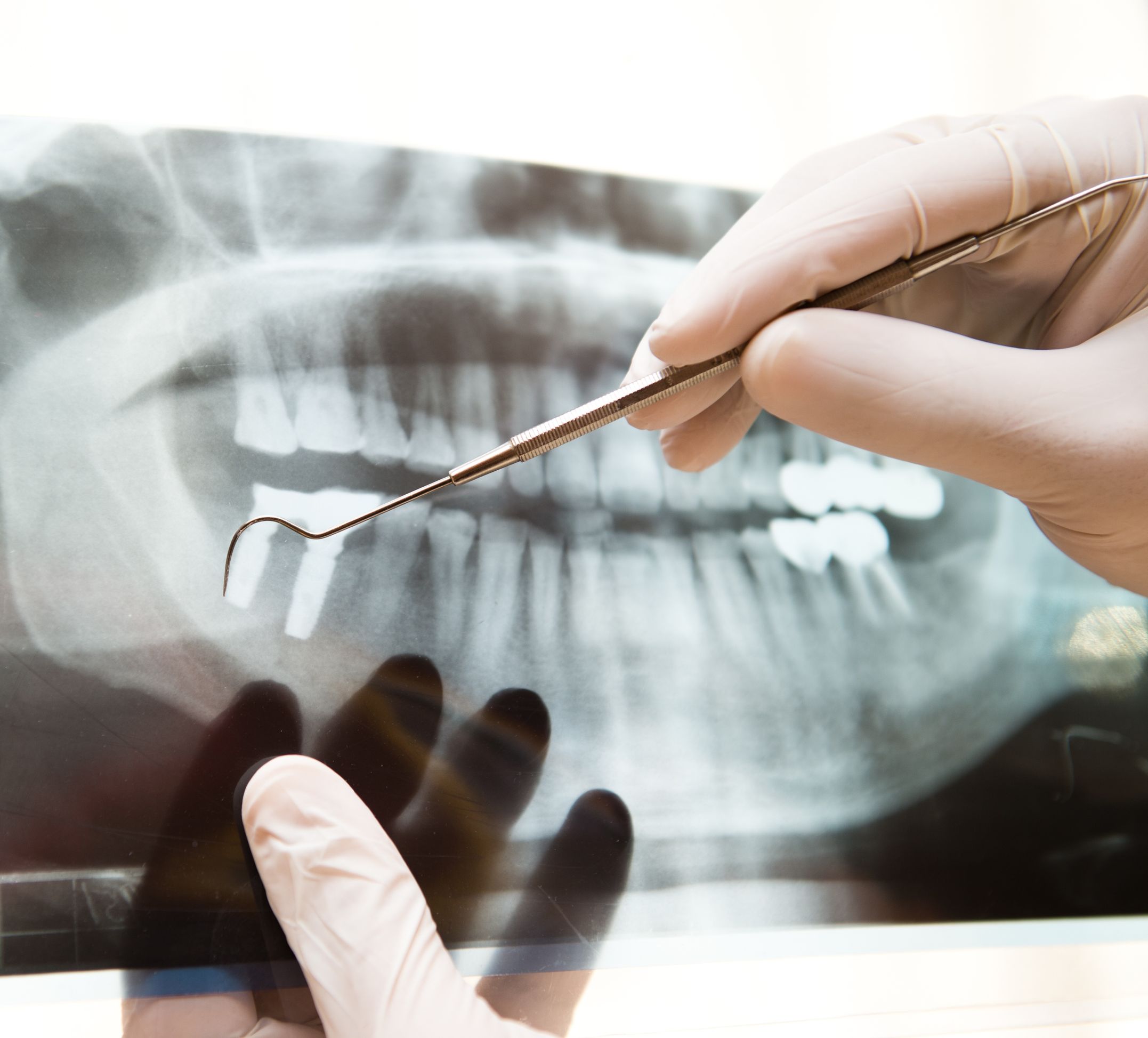
Two words: root canal. These words often come with a chill, followed by jaw clenching, and phantom tooth pain. While the procedure has gained a bad rap among the general population, root canal treatments have significantly improved through the years with advancement in technology. In an attempt to bring awareness to Root Canal Week, March 27 - April 2, we hope to answer your endless endodontic questions on root canals.
When is a root canal needed?
If your Ooltewah dentist or endodontic specialist recommends root canal treatment, you may have inflammation, infection, or an abscess, resulting from deep decay, a cracked or chipped tooth, or injury. Root canal treatments are needed to save a tooth after the soft tissue inside the root canal, known as the pulp, becomes inflamed or infected.
What are the symptoms for necessary endodontic treatment?
Symptoms include: tooth pain, extreme sensitivity to touch, chewing, and temperatures (hot or cold), tooth discoloration, inflammation and swelling, and excessive drainage of lymph nodes. In some cases, the listed effects may or may not be visible; sometimes, there are no symptoms at all. Consult your Ooltewah dentist for further examination if you are experiencing one or more of these symptoms.
What steps are involved in the procedure?
Step 1.Following an examination and x-rays, a local anesthetic will be administered to numb the inflamed or infected tooth. Next, a small “dental dam” is placed over the tooth area to keep it clean during the procedure.
Step 2. A small opening is made in the crown of the tooth. Using minimally invasive instruments, the pulp from the chamber is cleaned which makes room in the canal for filling.
Step 3. Once cleaned, the root canal is then filled with a rubbery, thermoplastic material called gutta-percha, which is placed with an adhesive cement to ensure a proper seal of the root canals. A temporary filling is often placed to close the opening, and later removed by your dentist.
Step 4. On your final visit, a crown is placed on top of the tooth, which is used to restore to original function.
Ask your Ooltewah dentist at Tedford Family Dentistry for more details about the specific restoration process, and how root canal treatments can keep your smile beautiful and bright!
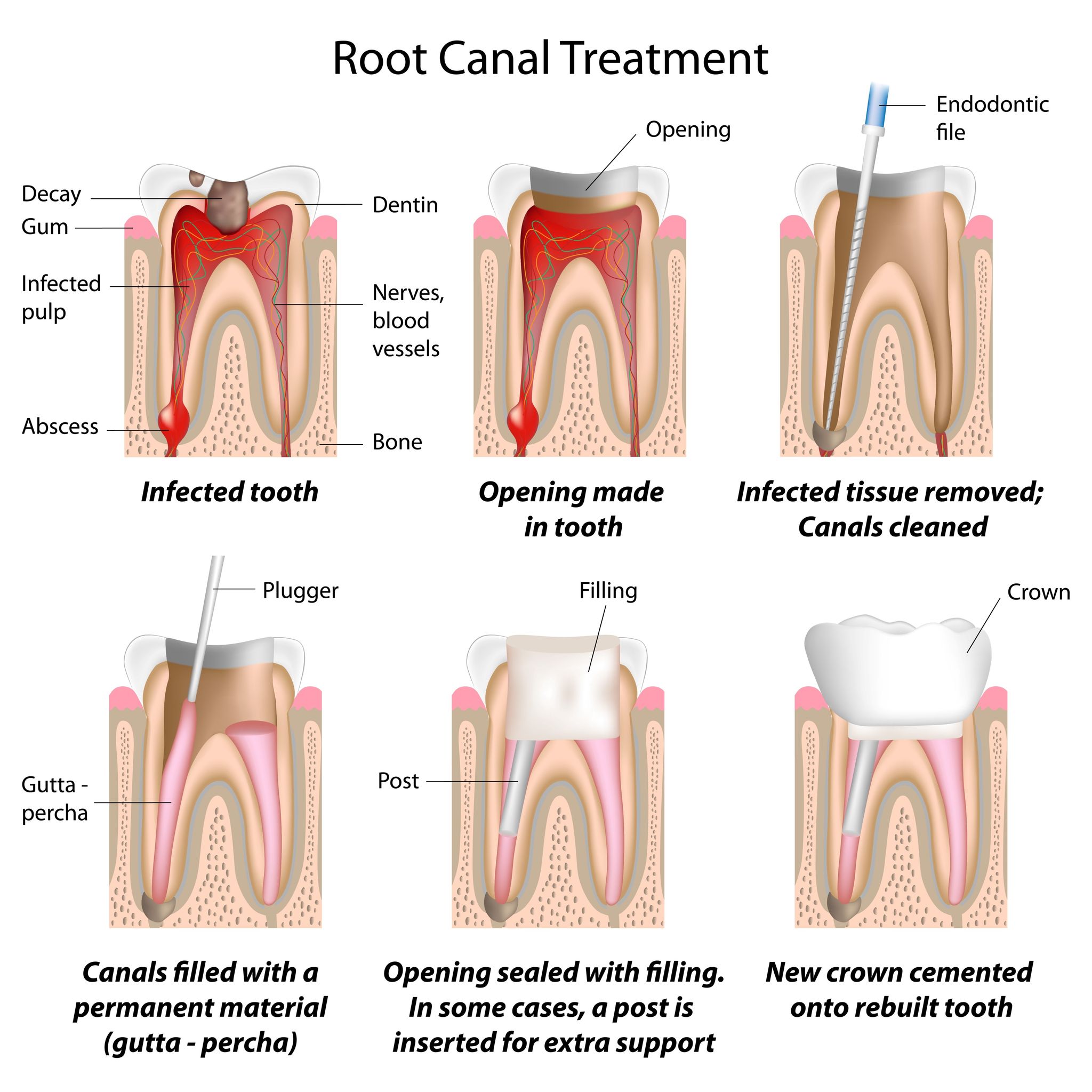
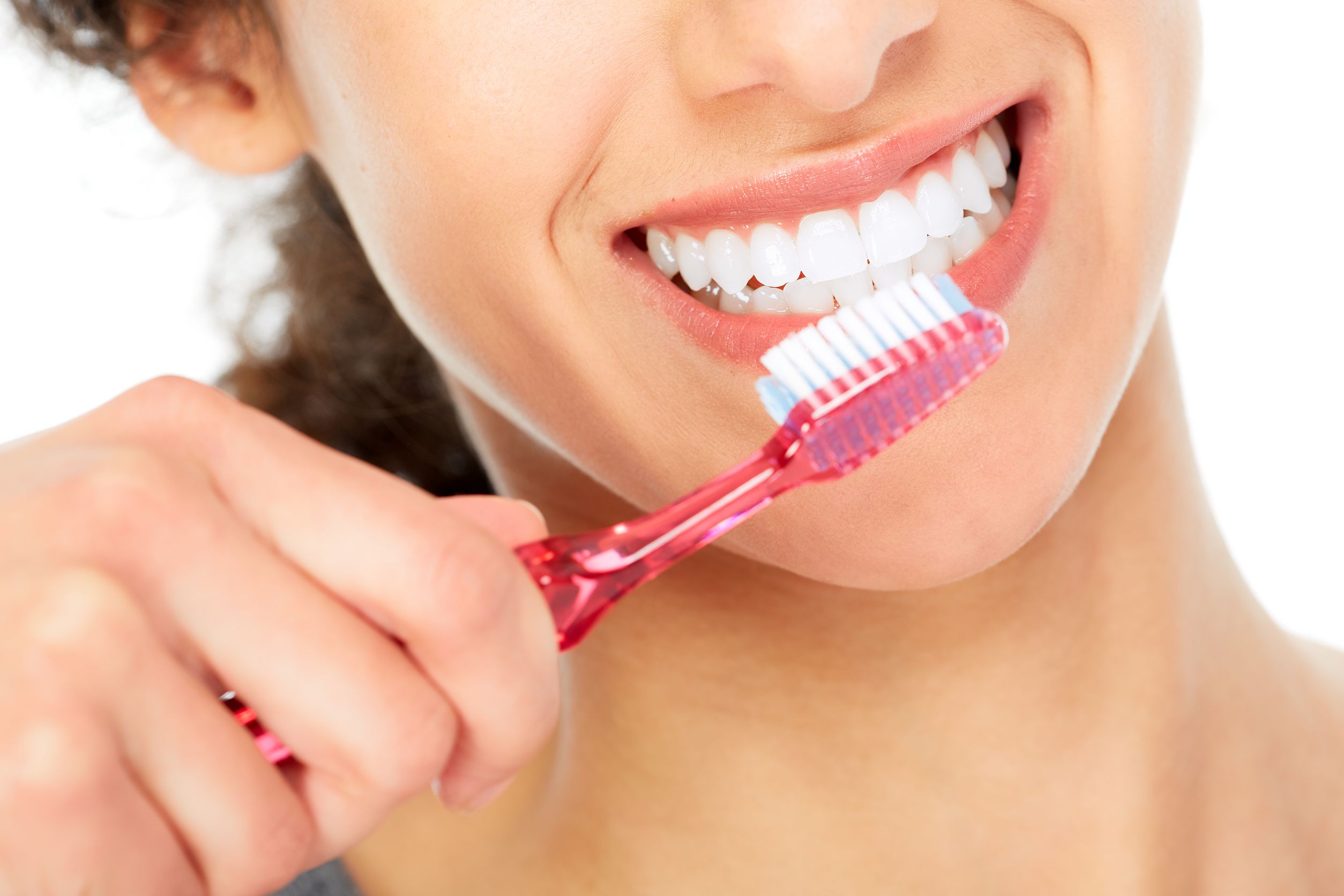 While coming up with your resolutions this year, don’t overlook your smile. Oral health resolution strategies can guarantee a sparkling smile by following these simple tips to keep your teeth and gums healthy all year long.
While coming up with your resolutions this year, don’t overlook your smile. Oral health resolution strategies can guarantee a sparkling smile by following these simple tips to keep your teeth and gums healthy all year long.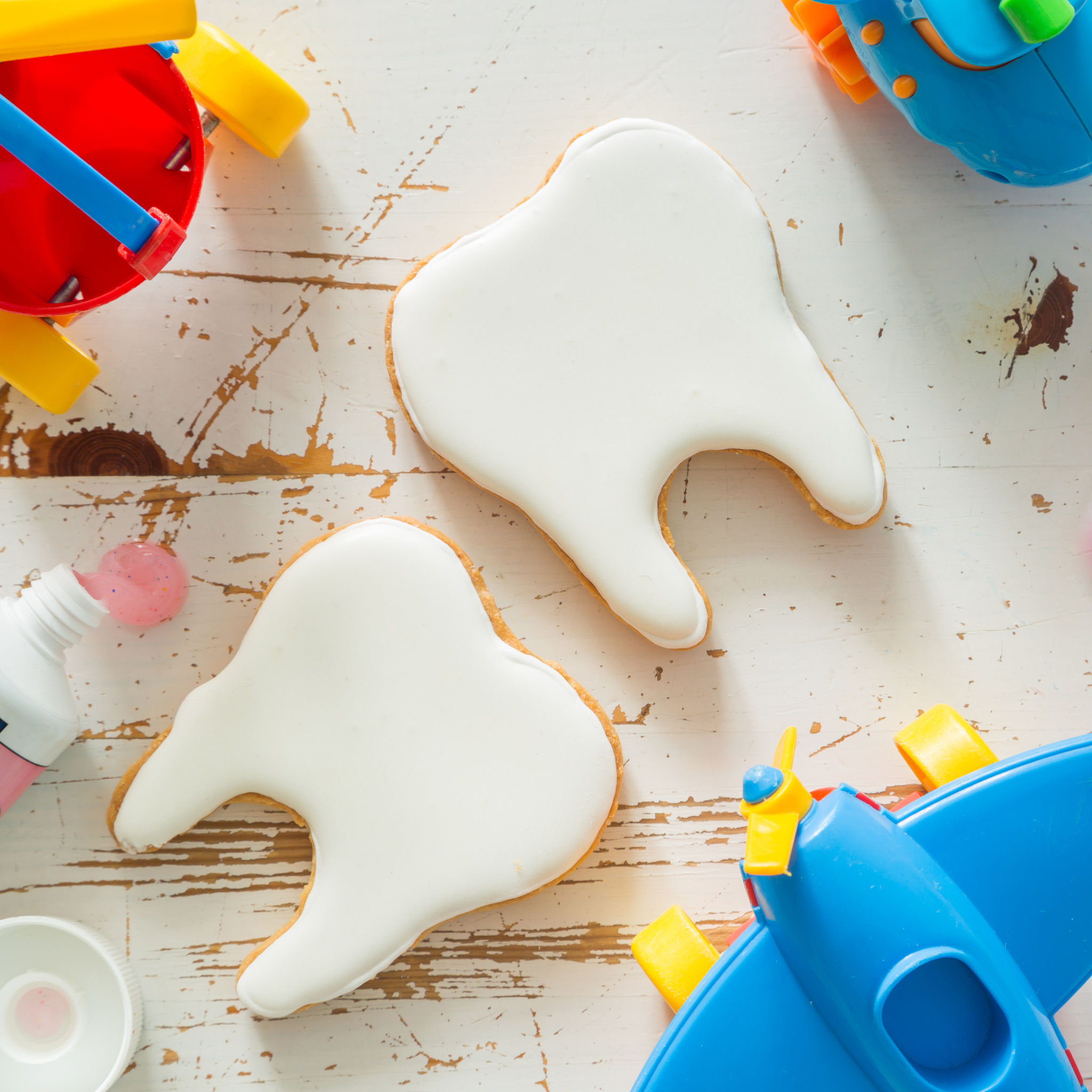 An entire month to celebrate dental awareness? Yep, and it’s one of our favorites! Celebrate National Children’s Dental Health Month this February with us as we promote healthy gums, teeth, and overall oral hygiene in children. Looking for ways to improve your child’s dental habits? Here’s what you need to keep your little one’s teeth clean and healthy.
An entire month to celebrate dental awareness? Yep, and it’s one of our favorites! Celebrate National Children’s Dental Health Month this February with us as we promote healthy gums, teeth, and overall oral hygiene in children. Looking for ways to improve your child’s dental habits? Here’s what you need to keep your little one’s teeth clean and healthy.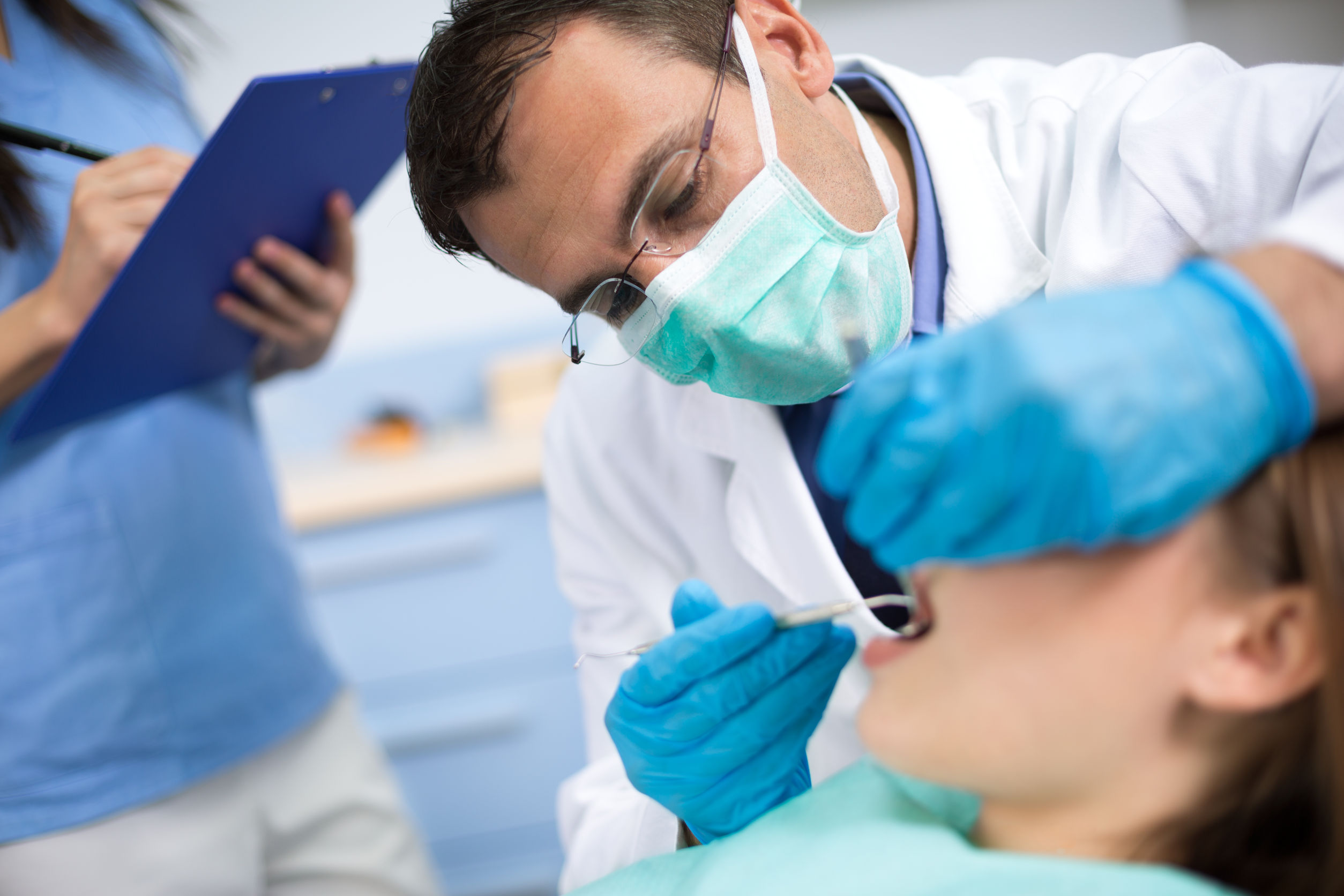 Whether you’ve recently moved or are making the switch to a new health care professional, Choosing the right dentist is important for proper dental care and to help keep your smile sparkling bright. Here are the top 5 do’s when picking the right dentist in Ooltewah for you, your family, and overall oral health and wellness:
Whether you’ve recently moved or are making the switch to a new health care professional, Choosing the right dentist is important for proper dental care and to help keep your smile sparkling bright. Here are the top 5 do’s when picking the right dentist in Ooltewah for you, your family, and overall oral health and wellness:
1. Do Read Patient Reviews
When searching for the best dentist in Ooltewah, TN and which is the right choice for you, do your homework first. Online patient reviews are a great way to find a qualified dentist near you. See Google reviews, yelp, and healthcare websites, such as Health Grades to see what other patients are saying about their overall experience.
2. Do Ask Around for Recommendations
If you’re still searching for a licensed dentist in Ooltewah – ask friends, family, and even co-workers for their suggestions. If you are moving out of city or state, ask your current dentist for their professional recommendation.
3. Do Inquire About Specific Dental Needs
With each unique smile, comes unique needs. Perhaps you need an experienced pediatric dentist for your family or a full service cosmetic dentistry in Ooltewah. Compare the dental services to understand the best dental options for you.
4. Do Check Location & Office Hours
Do you live or work in the Ooltewah surrounding area? Consider the travel distance and office hours. Since regular dental cleanings are the key to maintaining oral health, it might be easier to follow up with your recommended 6 month dental examinations and appointments if you’re within a reasonable driving distance.
5. Do Inquire About Insurance Options The deciding factor when choosing a dentist in Ooltewah may come down to insurance, so don’t forget to discuss payment methods. If insurance does not cover a necessary dental procedure, ask about other financing options that may be available to you.
6. Do Consider Tedford Family Dentistry to Meet All of Your Dental Needs In Ooltewah, TN and Surrounding Chattanooga Areas
Please contact our dental office in Ooltewah, TN if you have any questions or to schedule an appointment. We look forward to providing you and your family with the very best dental care possible. Make an appointment with us and experience our family friendly dental care that's sure to make you smile.
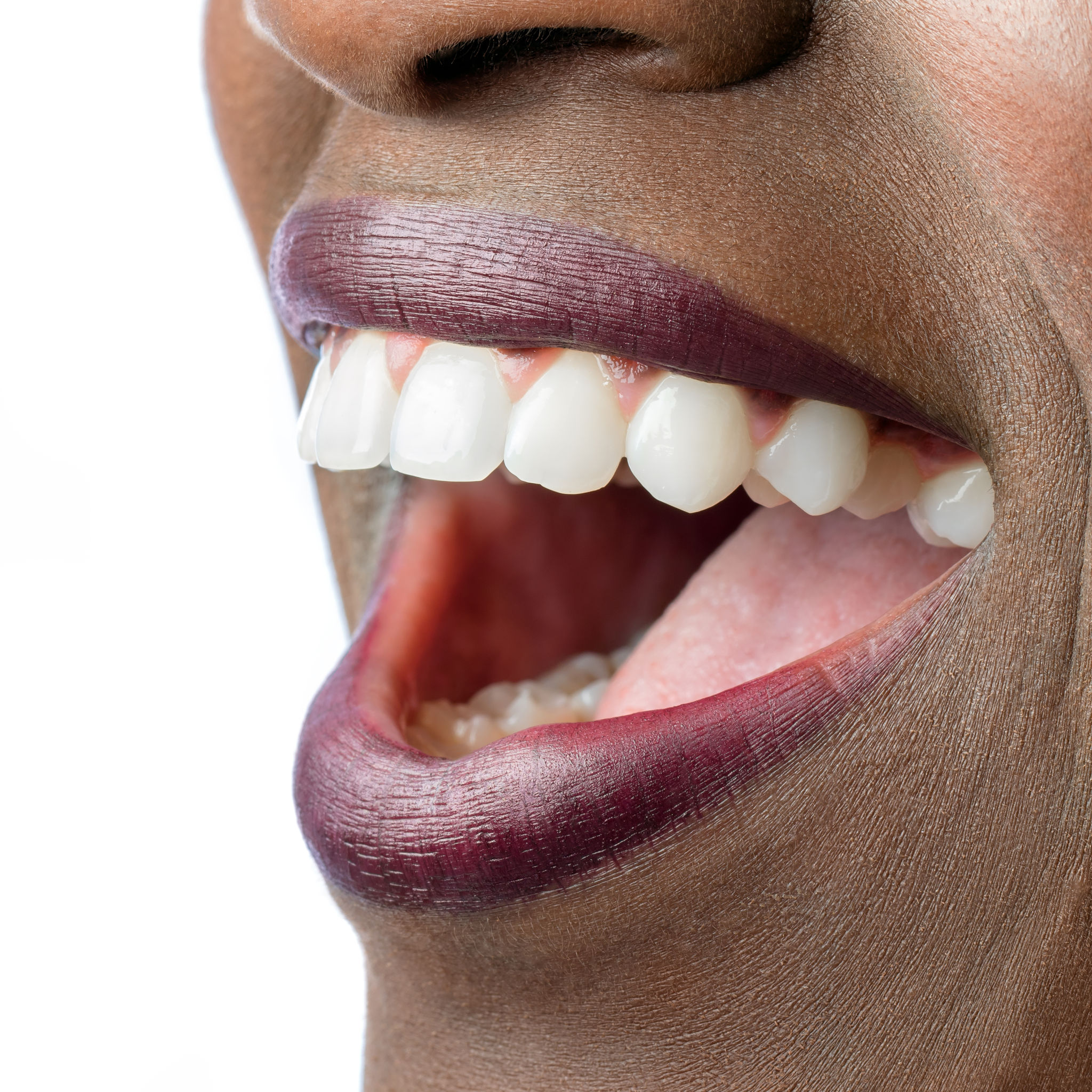 Healthy mouths and healthy bodies are one in the same. Not only will proper oral care ensure a bright, white smile, good oral hygiene can improve your overall health. Improving your oral health can help reduce your risk of disease and has been linked to a stronger memory later in life.
Healthy mouths and healthy bodies are one in the same. Not only will proper oral care ensure a bright, white smile, good oral hygiene can improve your overall health. Improving your oral health can help reduce your risk of disease and has been linked to a stronger memory later in life.